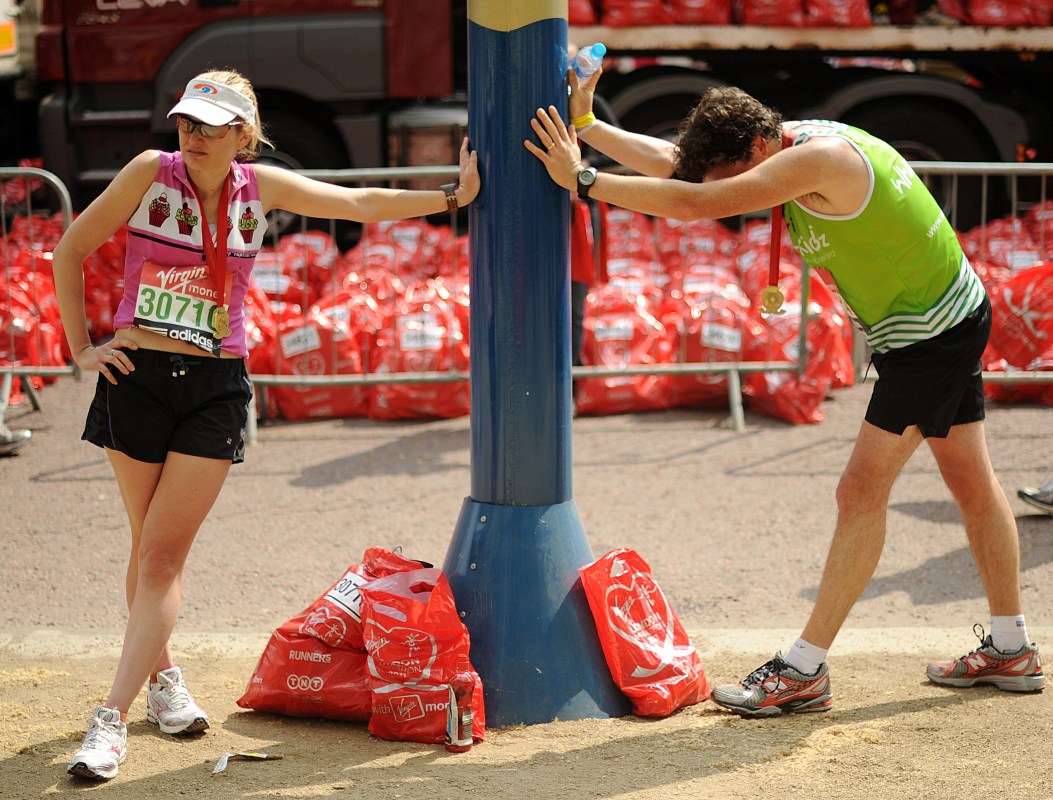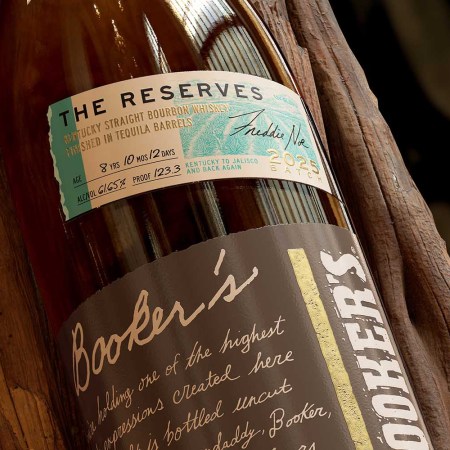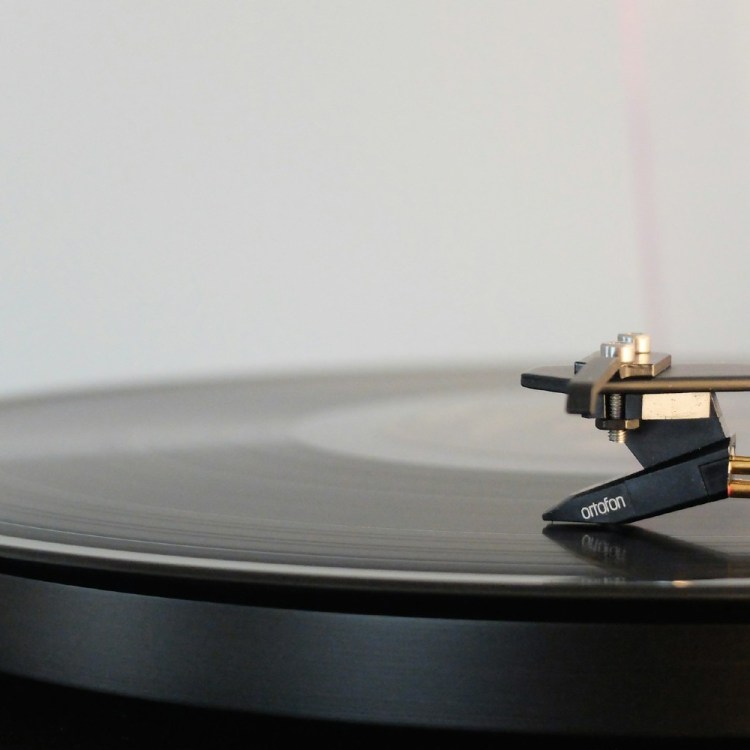Experienced runners often describe feeling a “floating” sensation on race day. After a few months of training, and a few weeks of tapering, everything comes together. Whatever pace they were shooting for is now well within their control. They’re just along for the ride.
For the rest of us, though, this sort of positive association reads as mildly insane. Running as floating? No way. Running as torture — of the legs and lungs — sounds more familiar.
Still…it’s possible for anyone to reach a point where running feels easier, meditative and even essential to your routine, regardless of whether you have any intention of signing up for a race. It’s even possible to achieve the fabled runner’s high. But in order to “de-boogeyman” the activity, you probably need to start approaching it a little differently.
How to Prevent the Most Common Running Injuries
There are six of them. We explain how to train against each.Know Your Goal
Before running can get easier, it’s important to (a) define your existing relationship to it, and (b) understand your goals for the future. That could be running a marathon, or running for just 20 minutes at a time. Chances are, most new or returning runners will have more casual goals. Their training regimens should be on the low-stakes side, too.
Most nascent runners run too hard. They assume that running hurts so much because they’re “out of shape,” so they run faster than they should. Then they get in the habit of ending runs earlier than intended, walking home like Charlie Brown, exhausted and ashamed. It’s a self-defeatist cycle, which makes it practically impossible to develop a consistent running routine (much less a pleasurable one).
Instead, feel free to embrace running in its hybrid forms. Run with a friend, run with a dog, run to the cafe, run with walking breaks every half mile. There is absolutely no need to put pressure on your running routine — and as studies have demonstrated that mental fatigue has a huge bearing on running performance — your endurance will ironically get better the less you care.
Enter: Adaptations
Whatever cadence you land on, know that consistency is king. In order to reap the rewards of adaptation (the point at which your body begins to adjust to training), you need to stick to your new routine for at least four to six weeks. Some coaches put the timeline closer to three months.
What can you expect? After months of running three or more times per week, your body will start developing more capillaries to deliver oxygen to your muscles, increase it mitochondrial density for greater energy production and up its aerobic capacity. Other handy adaptations: a stronger heart muscle, and more robust connective tissue throughout your major muscle groups.
Comfort Running
It all leads to more comfortable and confident running, which tends to pay dividends. You may be more inclined to cardio cross-train, or keep injury prevention top of mind, or perhaps start running further (so long as you don’t increase your mileage beyond 10% per week). All it takes is staying focused — and to an extent, loose — in those early months, when running is still at its most difficult.
Personally, we recommend jumpstarting your running routine in a shoulder season. Try April or September. Make it easy on yourself. If signing up for a 5K could help keep you on task, go for it. Maybe you’ll be ready for your float moment.
Just know that even once you summit running’s initial hump, there are going to be sluggish slogs of days where you have no interest in lacing up your sneakers, let alone racking up miles. Even the greats catch these stretches. When that happens, harken back to your roots and keep it simple. Find a friend, go to the cafe, what have you. Running’s hard by nature. But it should never feel like torture.
The Charge will help you move better, think clearer and stay in the game longer. Subscribe to our wellness newsletter today.




















